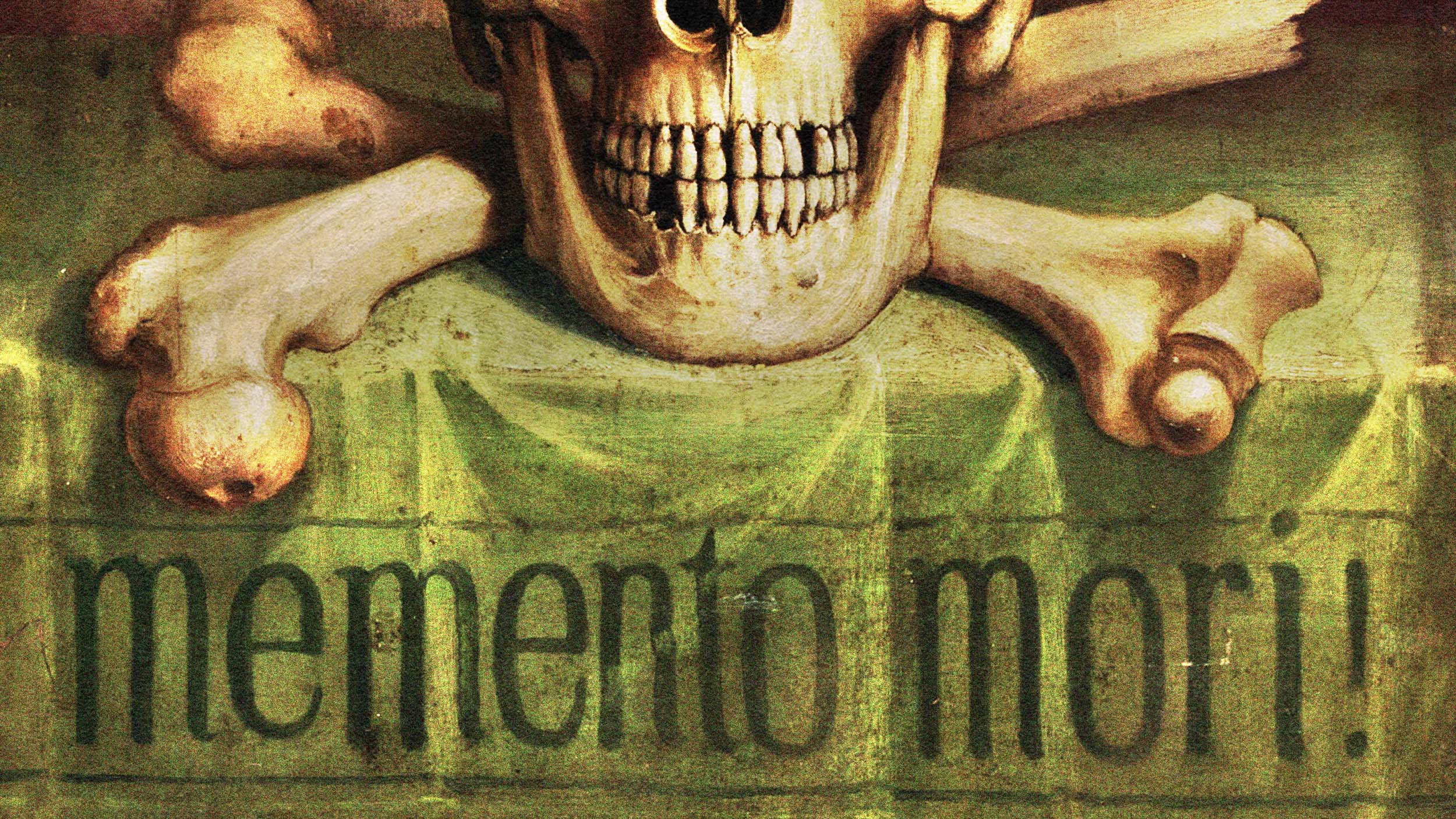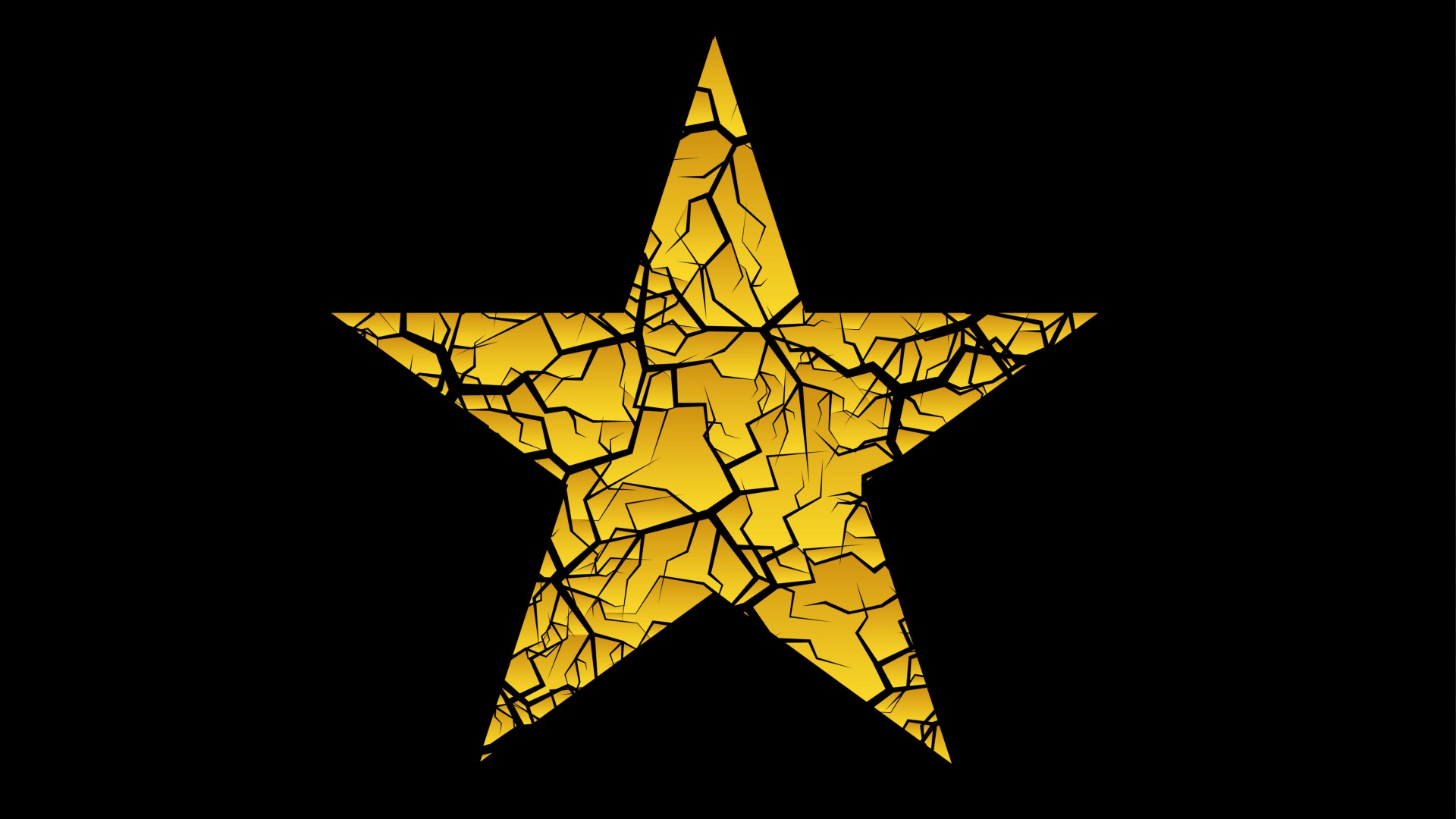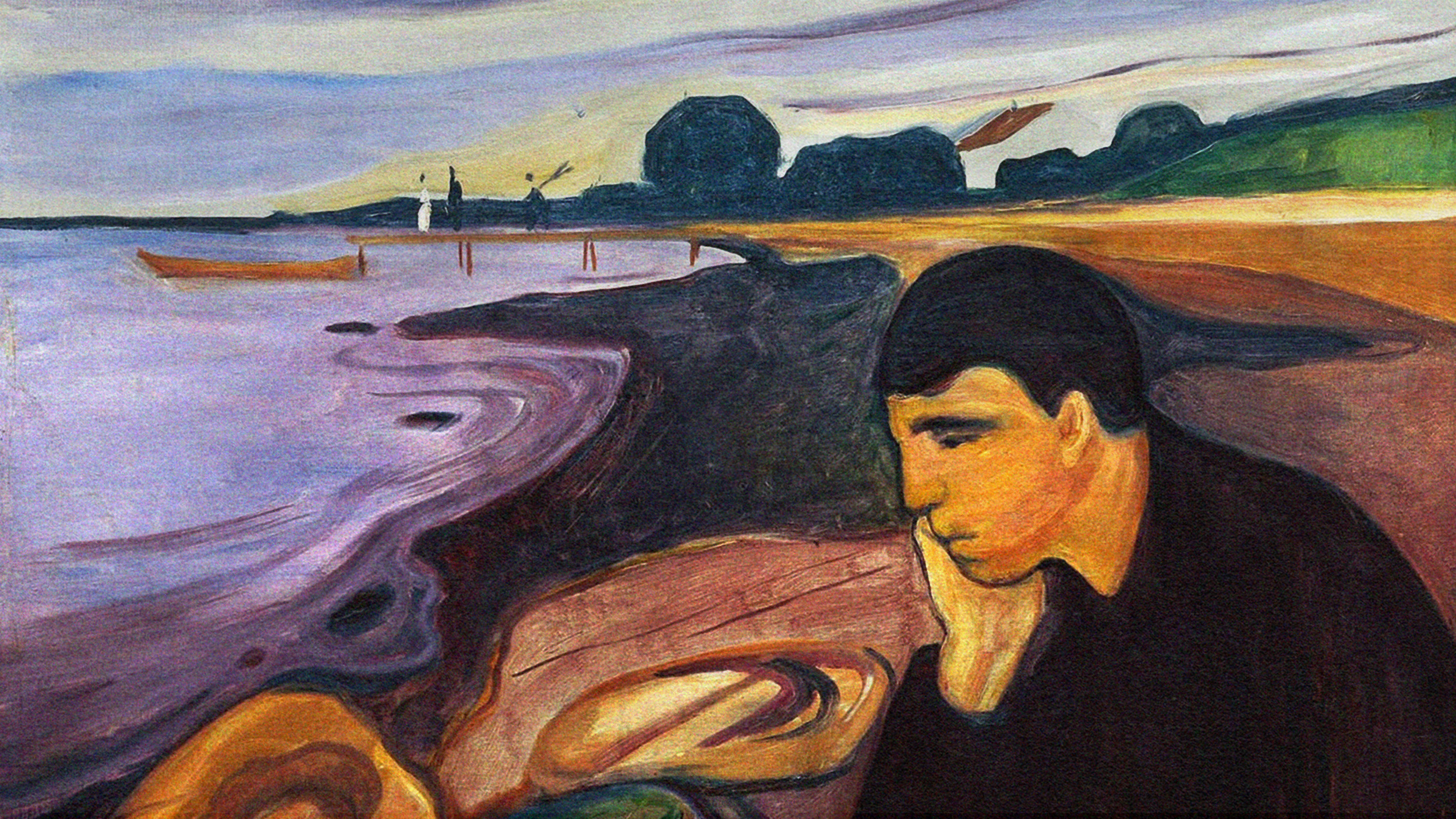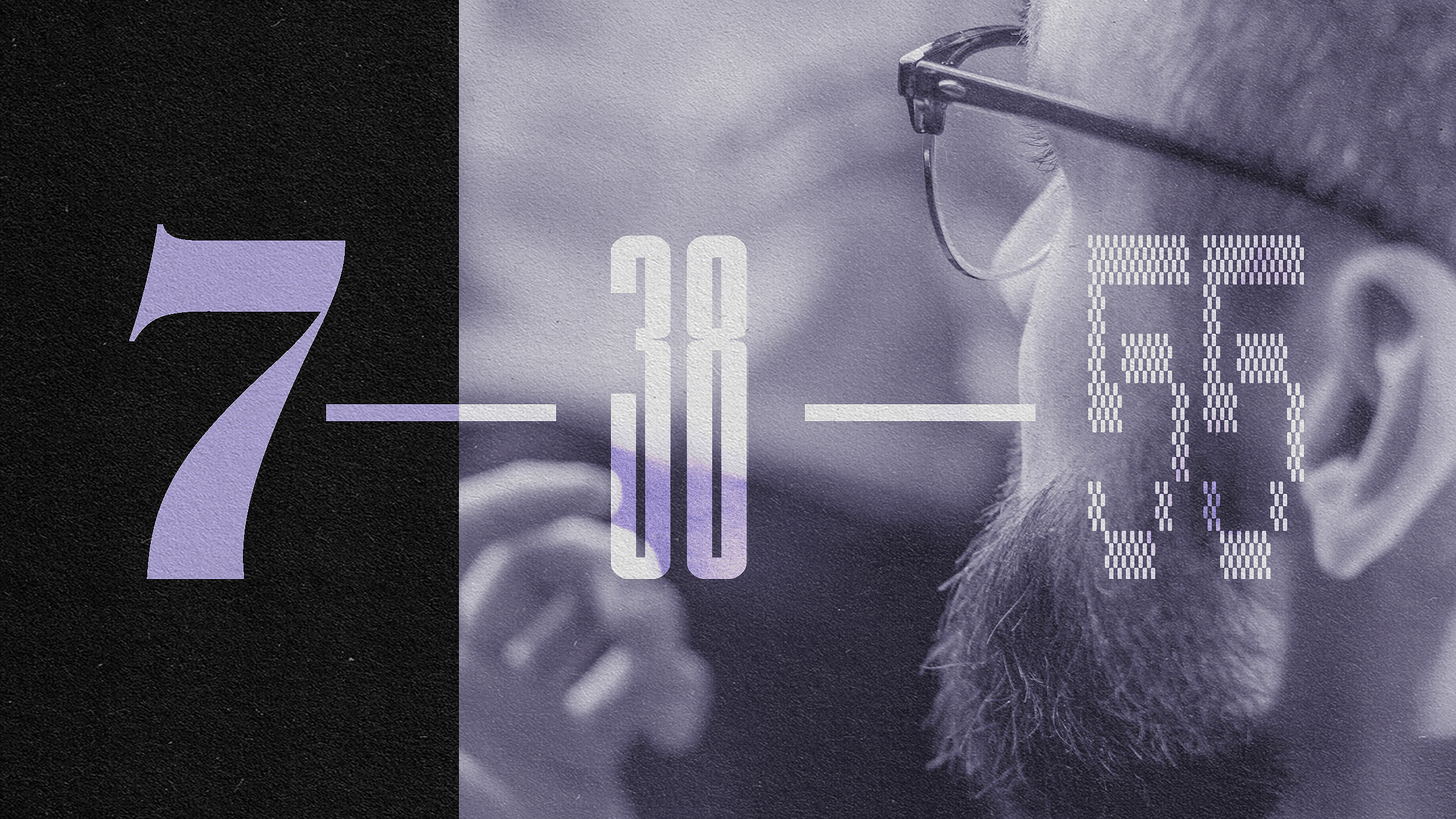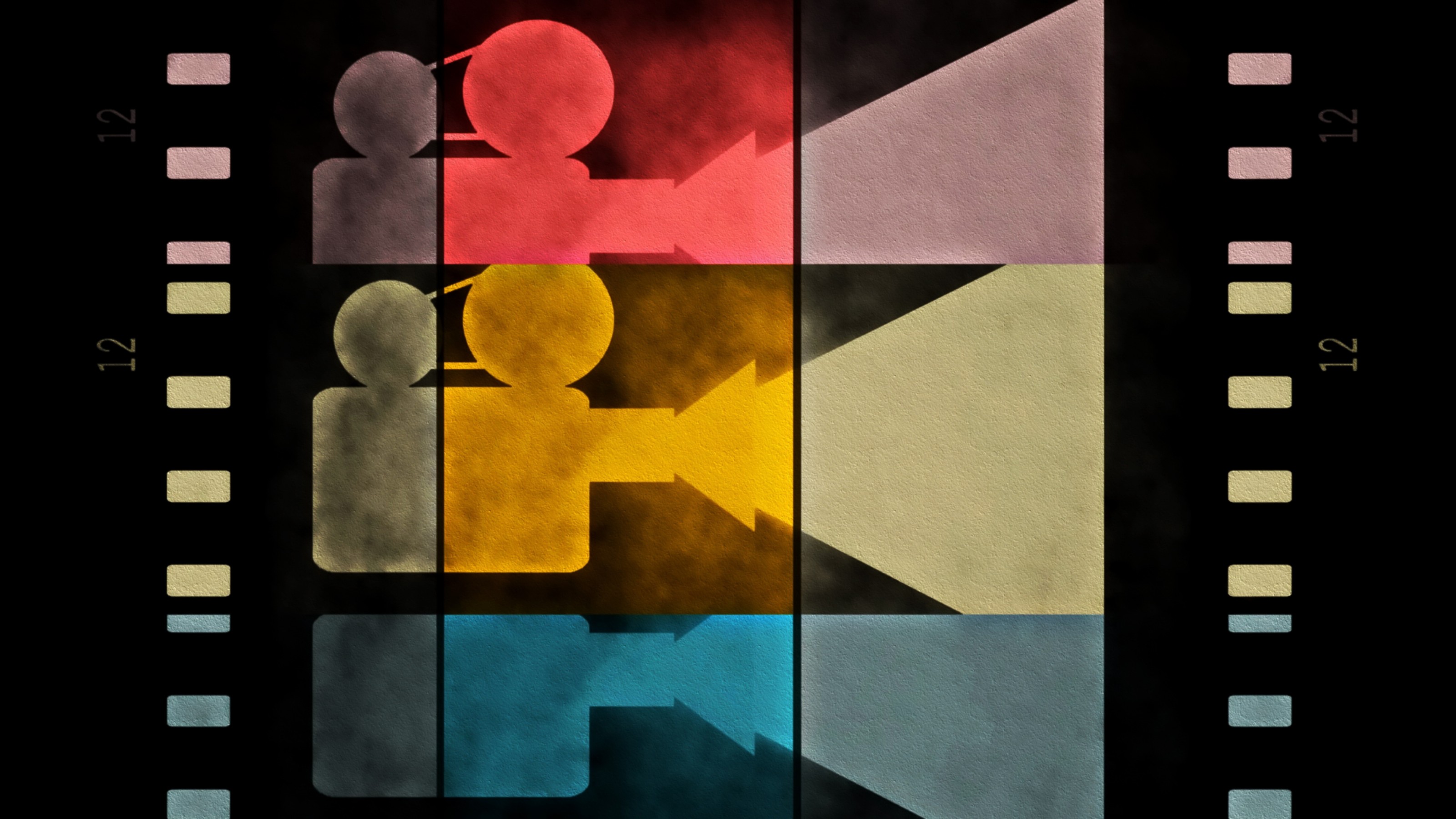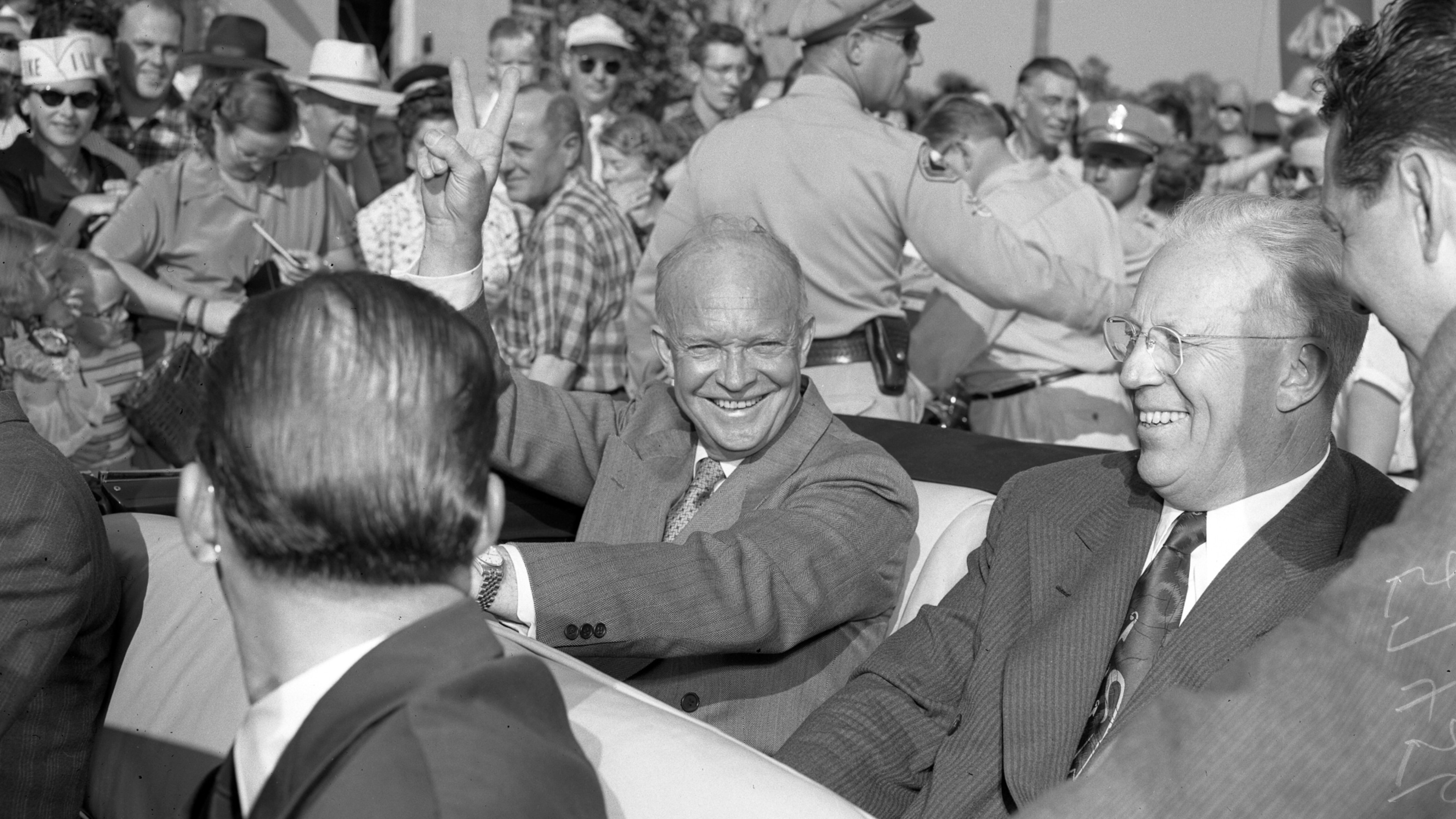Psychotherapist Israa Nasir explains how a “value-aligned life” can help us crush our goals — without being crushed by the need to accomplish more.
Kevin Dickinson is a staff writer and columnist at Big Think. His writing focuses on the intersection between education, psychology, business, and science. He holds a master’s in English and[…]
The late philosopher suggested adding a couple of “Occam’s heuristics” to your critical thinking toolbox.
Kevin Dickinson is a staff writer and columnist at Big Think. His writing focuses on the intersection between education, psychology, business, and science. He holds a master’s in English and[…]
To maintain momentum and flow, the great novelist Ernest Hemingway didn’t burn himself out — but learned when to put his work down.
Kevin Dickinson is a staff writer and columnist at Big Think. His writing focuses on the intersection between education, psychology, business, and science. He holds a master’s in English and[…]
Stanford psychologist Jamil Zaki discusses the dangers of cynicism and how skepticism can invigorate our relationships and communities.
A simple semantic device — invented by a forgotten senator — can help us break “the curse of knowledge.”
Executive coach Jodi Wellman explains how to “make it to the end with no regrets.”
Our desire for recognition at work can lead to perilous ends.
While weltschmerz — literally “world-pain” — may be unpleasant, it can also spur us to change things for the better.
If words are really only 7% of communication, then why would anyone need to learn a foreign language?
Admitting that we know little about our future selves can radically improve our decision-making.
A physicist, a psychologist, and a philosopher walk into a bar and discuss a framework for thinking better in the 21st century.
According to Harvard career advisor Gorick Ng, this time-saving system can help us reclaim our work-life sanity.
Memories aren’t mental recordings, but pliable information we can use to better manage the present and conjure future possibilities.







